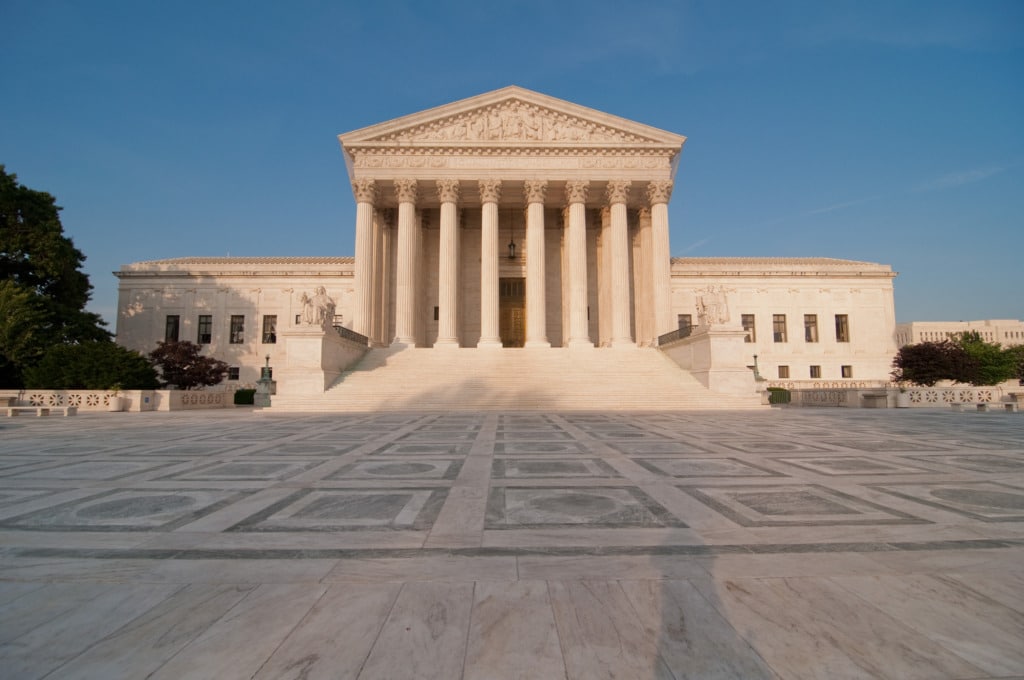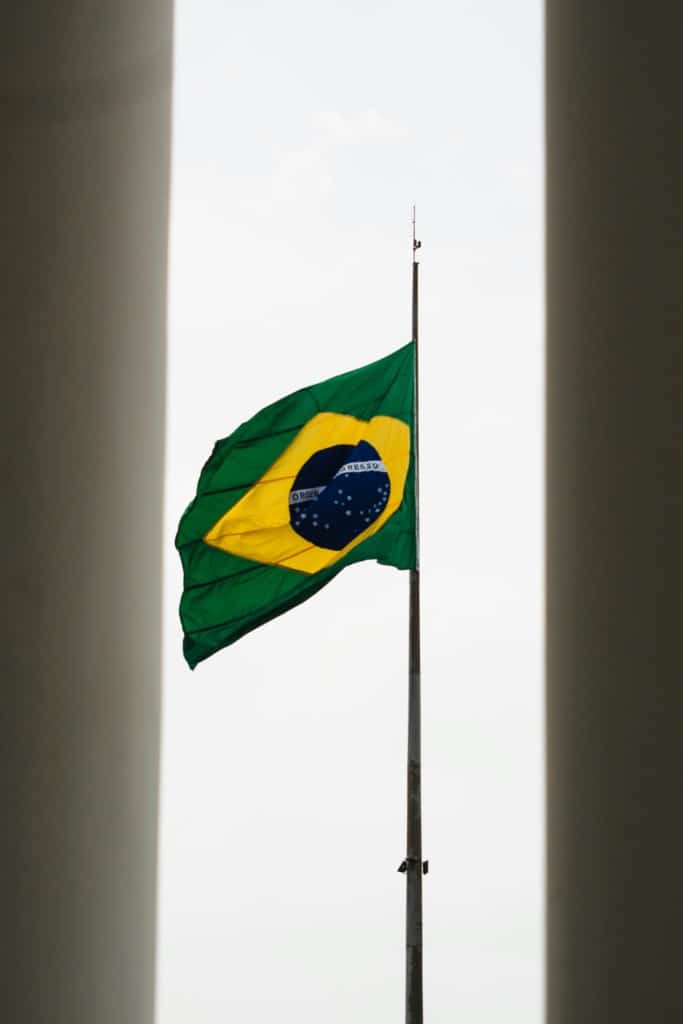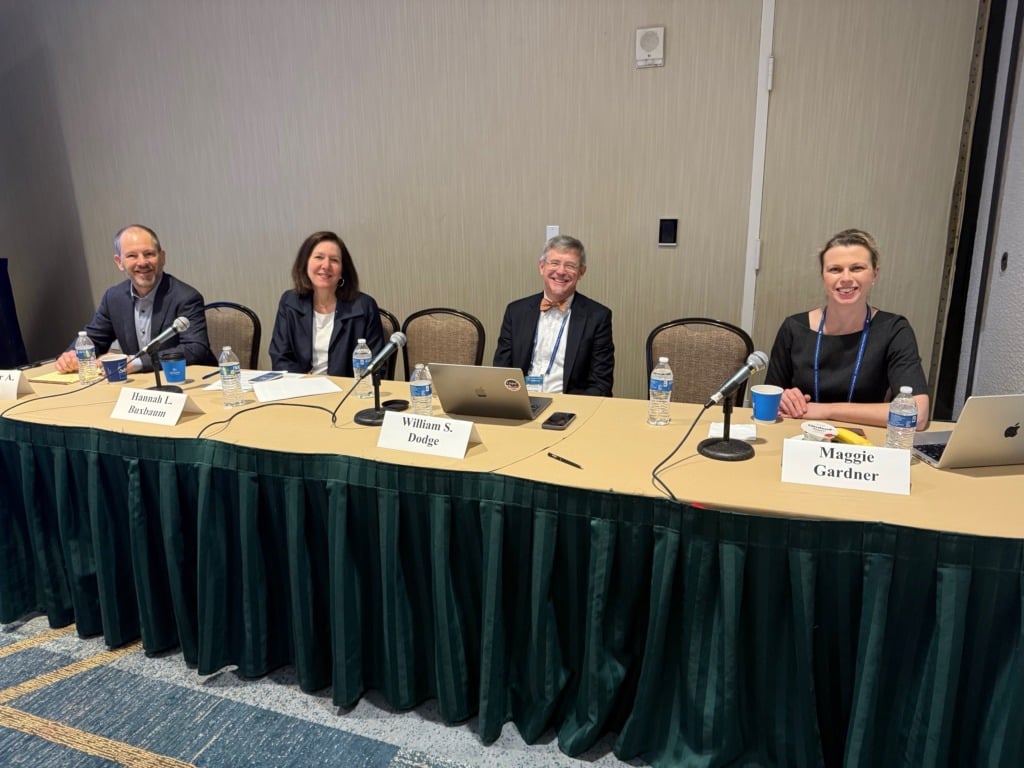Maggie Gardner
Cornell Law School
![[EVENT - RECURRING] Maggie Gardner](https://tlblog.org/wp-content/uploads/2022/03/Gardner_high-res-683x1024.jpg)
Maggie Gardner (@maggiekgardner) is a Professor of Law at Cornell Law School. She has served as an Associate Managing Editor for AJIL Unbound, as a co-chair for the Junior International Law Scholars Association, and as a fellow in the Appeals Chamber of the Special Tribunal for Lebanon. Before entering academia, she worked as a litigation associate at WilmerHale LLP and clerked for federal appellate and district court judges. Her articles on international litigation in U.S. courts have been published in such journals as the University of Pennsylvania Law Review, Virginia Law Review, NYU Law Review, and Stanford Law Review.
Argument Preview: Engbridge Energy, LP v. Nessel
The Supreme Court will hear oral argument this morning in Enbridge Energy, LP v. Nessel, a case involving Michigan’s effort to end an easement across the Straits of Mackinac for an oil and natural gas pipeline between the Midwest and Canada. As Bill has covered previously for TLB, this is one in a series of…
Continue Reading“Waiving” the Hague Service Convention
Complying with the Hague Service Convention (HSC) is admittedly not always easy, quick, or even feasible. Not surprisingly, then, parties may want to work around the HSC through contractual language. John Coyle, Robin Effron, and I have previously explained how private parties can—and cannot—contract around the HSC. Unfortunately, the District of New Jersey (Judge Julian…
Continue ReadingExtraterritoriality in Flux
Earlier this month, at the annual meeting of the Association of American Law Schools, TLB Editors Maggie Gardner, Bill Dodge, and Hannah Buxbaum participated in a panel organized by the Section on Conflicts of Law entitled “Extraterritoriality in Flux.” This post summarizes their remarks. Maggie Gardner: It’s Time to Look Beyond the Presumption Against Extraterritoriality…
Continue Reading

